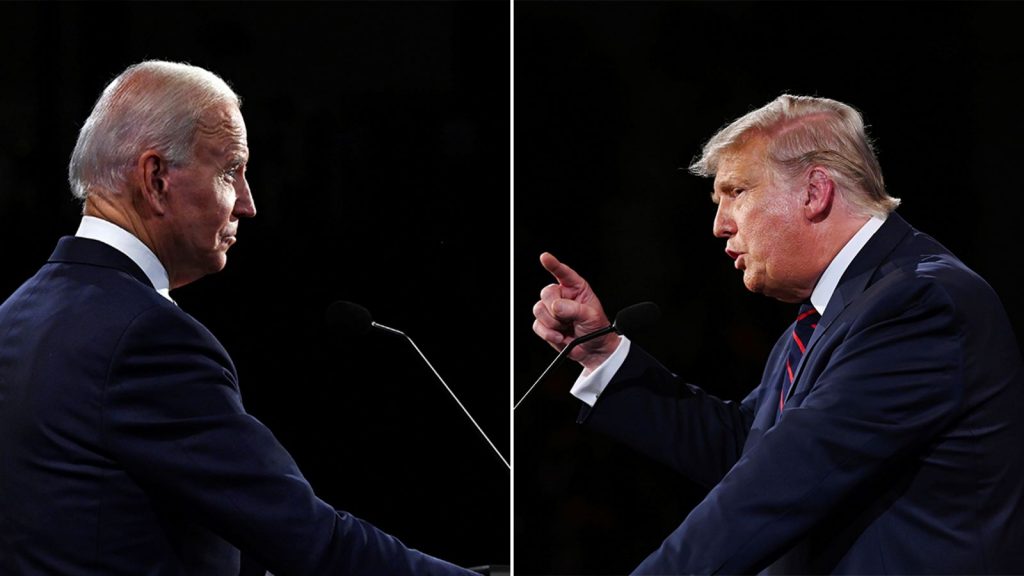In a departure from tradition, Biden and Trump have reached an agreement to participate in debates in June and September. These debates, hosted by CNN and ABC respectively, mark a significant shift away from the commission that typically oversees such events. They set the stage for an unconventional electoral showdown.
CNN and ABC to Host June and September Debates
CNN announced on Wednesday that it would host the first debate on June 27 in its Atlanta studios, opting for a format devoid of an audience. While the moderator and other specifics are yet to be unveiled, both Biden and Trump have affirmed their participation. Additionally, Trump and Biden have agreed to another debate hosted by ABC on September 10. This further cements their commitment to engaging directly with the American public.
Swift Negotiations Follow Biden’s Proposal
The announcements swiftly followed Biden’s proposal for two debates with Trump in June and September, which Trump accepted, albeit with a desire for two additional debates in July and August, according to Bloomberg report. This rapid negotiation process bypassed the usual channels, signaling a shift in the dynamics of presidential debates.
A Blow to the Commission
This departure from the norm dealt a significant blow to the Commission on Presidential Debates, a nonpartisan organization responsible for overseeing such events since 1988. The candidates’ decision to circumvent the commission underscores their desire for more direct control over the debate process.
Candidates to Debate Before Party Nominations
Moreover, the scheduling of the debates ensures that the candidates will engage in substantive discussions. This will occur before their formal nominations at the Republican and Democratic party conventions. These conventions are scheduled for July and August, respectively. This early engagement underscores the gravity of the issues at hand. It also highlights the urgency with which both candidates seek to present their visions for the future of the nation.
Exclusion of Third-Party Candidates
However, the criteria set forth for the CNN debate appear to exclude third-party candidates, such as Robert F. Kennedy Jr. This exclusion raises questions about the inclusivity and fairness of the debate process, particularly in a political landscape characterized by diverse perspectives.
Demands and Criteria from Both Campaigns
The negotiations between the campaigns also revealed differing priorities and demands. While the Biden campaign advocated for firm time limits and evenly divided speaking time, they also called for a vice-presidential debate. This debate would follow the Republican National Convention. The Trump campaign, on the other hand, pushed for more debates and a larger venue.
Tight Race and Historical Context
With the candidates locked in a tight race, the debates carry heightened significance, providing voters with a crucial opportunity to evaluate the contenders’ positions and leadership qualities. Against the backdrop of a deeply polarized political climate. The debates will undoubtedly shape the trajectory of the 2024 presidential election.
Enroll today and secure a 52-week subscription to The WSJ Print Edition, delivered daily to your home or office. Your subscription spans six days, from Monday through Saturday, ensuring morning delivery of your trusted newspaper. Additionally, enjoy round-the-clock access to WSJ digital content, providing complete online news access, including daily updates, live WSJ TV, narrated articles, and extensive news archives. Seize this opportunity and subscribe now to stay well-informed with The WSJ! To purchase a subscription, call WSJ Cell Phone: (800) 581-3716

